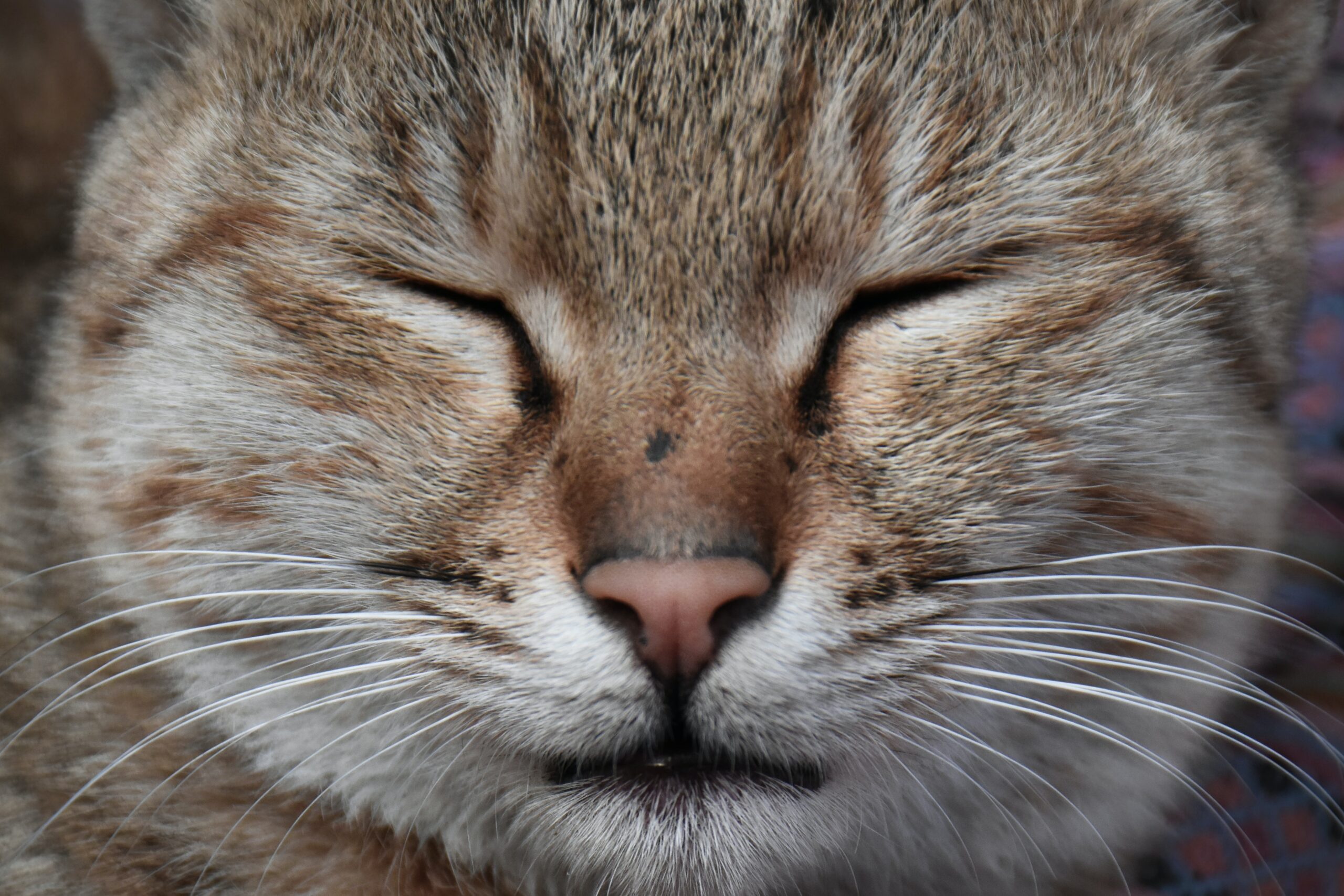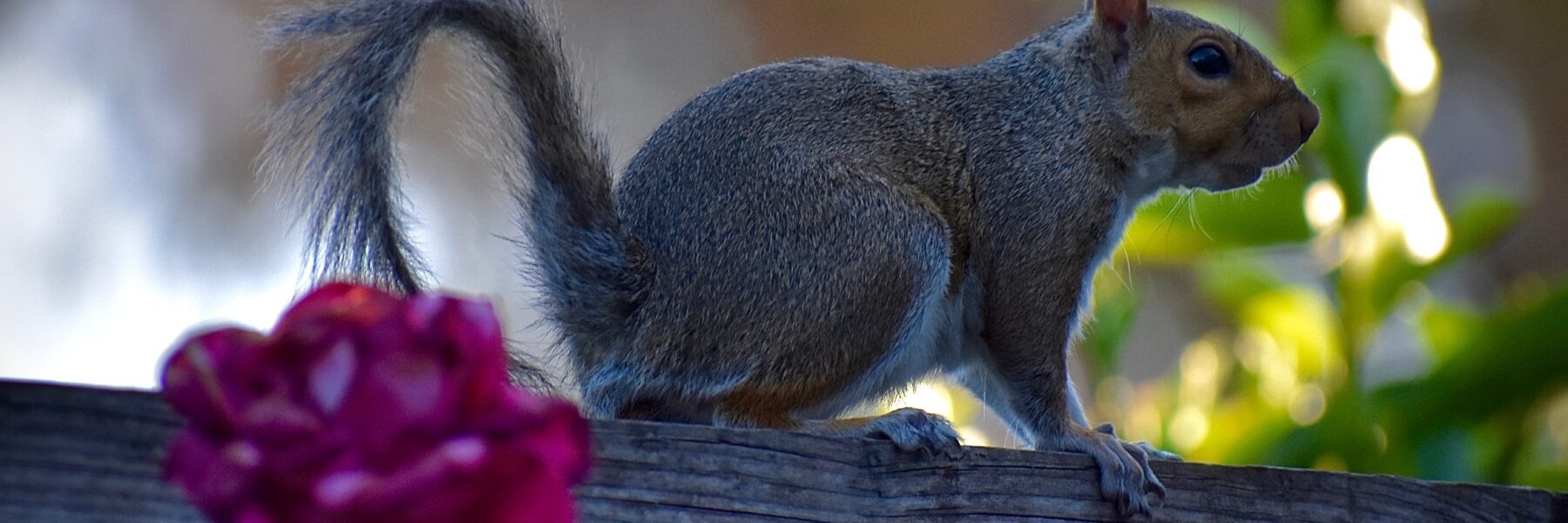If you’ve ever wondered whether cats can feast on rats, the answer might surprise you. While cats are natural hunters, and rats are often seen as prey, it’s vital to understand the potential risks involved in allowing your feline to indulge in this behavior. In this article, we will explore the relationship between cats and rats, considering their dietary needs and the potential health hazards associated with consuming rodents. By the end, you’ll have a better understanding of whether it’s safe or advisable to let your cat eat rats. So let’s dive into the fascinating world of feline diets and rodent encounters.
Can Cats Eat Rats
Understanding Cats’ Natural Instincts
Cats are natural hunters, and their ancestors were skilled at stalking and capturing prey for survival. This instinctive behavior is deeply ingrained in their genetic makeup, and even though most domesticated cats no longer need to hunt for food, they may still exhibit hunting behavior from time to time. Rats, being small rodents, are often seen as prey by cats due to their quick movements and high-pitched squeaks. It is important to understand and acknowledge this natural instinct that cats have when considering whether or not they can eat rats.
The Health Risks of Rats to Cats
While it might seem logical to assume that cats can eat rats without any consequences, there are several health risks associated with rats that make it unsafe for cats to consume them. Rats can carry various diseases and parasites, such as leptospirosis, toxoplasmosis, and fleas, which can be transmitted to cats through ingestion. Additionally, rats often consume harmful substances like pesticides and toxins, which can accumulate in their bodies and pose a threat to cats if they consume them.

This image is property of images.unsplash.com.
Safety Concerns for Cats Hunting Rats
If your cat enjoys hunting rats, it is essential to consider their safety during these interactions. Rats, particularly wild ones, can be aggressive and may fight back when cornered. They can bite or scratch your cat, causing injuries and potentially transmitting diseases. In urban environments, rats may also encounter poisonous substances, traps, or contaminated food sources, all of which can be harmful to your feline companion. Therefore, supervision and precautions are necessary to ensure the safety of both your cat and the rat.
Can Cats Get Sick from Eating Rats
Cats can indeed get sick from eating rats, as they are susceptible to the diseases and parasites that rats can carry. Leptospirosis, for example, is a bacterial infection that can be transmitted to cats through rat urine, resulting in symptoms such as fever, lethargy, and kidney problems. Toxoplasmosis, on the other hand, is a parasitic disease that can cause flu-like symptoms in cats if they consume infected rats. It is vital to remember that rats may also harbor other pathogens, so it is best to avoid exposing your cat to potential health risks by preventing them from eating rats altogether.

This image is property of images.unsplash.com.
The Importance of a Balanced Diet for Cats
While it is understandable that cats may naturally be drawn to hunting and consuming rats, it is crucial to prioritize their nutritional needs. Cats require a balanced diet that provides them with the necessary nutrients, vitamins, and minerals to thrive. This is best achieved through specially formulated commercial cat food that meets the nutritional standards set by regulatory bodies. Feeding your cat a regular, complete, and balanced diet ensures that they receive all the essential nutrients they need without the associated risks of consuming rats.
Types of Poisons Found in Rats and Their Effects on Cats
Rats are opportunistic scavengers that can inadvertently consume various types of poisons commonly used for pest control. These include anticoagulant rodenticides, which interfere with blood clotting mechanisms and can lead to internal bleeding in both rats and cats. When an affected rat is consumed by a cat, the toxin may be transferred, jeopardizing the health of the feline. Other poisons, such as neurotoxic rodenticides, can cause severe neurological symptoms in both rats and cats. It is important to be aware of the potential dangers associated with rats that have ingested poison and take appropriate precautions to safeguard your cat.

This image is property of images.unsplash.com.
Precautions to Take if Your Cat Eats a Rat
If you discover that your cat has eaten a rat, it is essential to take certain precautions to minimize any potential risks. Firstly, refrain from attempting to induce vomiting in your cat without consulting a veterinarian, as this can sometimes do more harm than good. Instead, contact your veterinarian immediately to seek professional guidance based on your cat’s individual circumstances. It is crucial to provide accurate information about the incident, such as the size and species of the rat, as well as any known exposures to toxins or poisons. Time is of the essence when dealing with potential risks, so promptly seek professional advice to ensure the health and well-being of your cat.
Signs of Rat Poisoning in Cats
If your cat has consumed a rat that has been exposed to poison, it is crucial to be aware of the signs of rat poisoning. Symptoms can vary depending on the type and amount of poison ingested, but common signs may include unexplained bleeding or bruising, pale gums, weakness, lethargy, lack of appetite, vomiting, diarrhea, difficulty breathing, seizures, or changes in behavior. If you observe any of these signs or suspect your cat may have been exposed to a poisoned rat, contact a veterinarian immediately. Timely intervention can greatly improve the chances of a positive outcome.

What to Do If Your Cat Eats a Rat
If your cat eats a rat, it is important not to panic but to take swift action. As previously mentioned, promptly contact your veterinarian for guidance tailored to your cat’s specific situation. Your veterinarian may advise monitoring your cat closely for any signs of illness or poisoning, instruct you on how to observe and document any symptoms, and schedule a follow-up appointment if necessary. It is crucial to provide all necessary information about the incident to ensure a comprehensive evaluation and appropriate course of action.
Alternatives to Feeding Cats Rats
While it may be tempting to allow your cat to indulge in their natural hunting instincts by feeding them rats, it is generally best to avoid this practice altogether. Instead, consider providing your cat with safe and stimulating alternatives that can satisfy their hunting needs without exposure to potential risks. Interactive toys, puzzle feeders, or even supervised play sessions with feather toys can mimic the thrill of hunting while ensuring your cat’s safety and well-being. Feeding a nutritionally balanced diet and engaging your cat in mentally stimulating activities are key to promoting their overall health and happiness.
In conclusion, while cats have a natural instinct to hunt and prey upon rats, it is not recommended for them to eat rats due to the health risks involved. Rats can carry diseases, parasites, and toxins that can be harmful to cats. It is crucial to prioritize your cat’s well-being by providing them with a balanced diet and safe alternatives to hunting rats. If your cat does happen to consume a rat, contact your veterinarian for guidance and take necessary precautions to minimize any potential health risks. Remember, ensuring your cat’s health and safety should always be the top priority.


